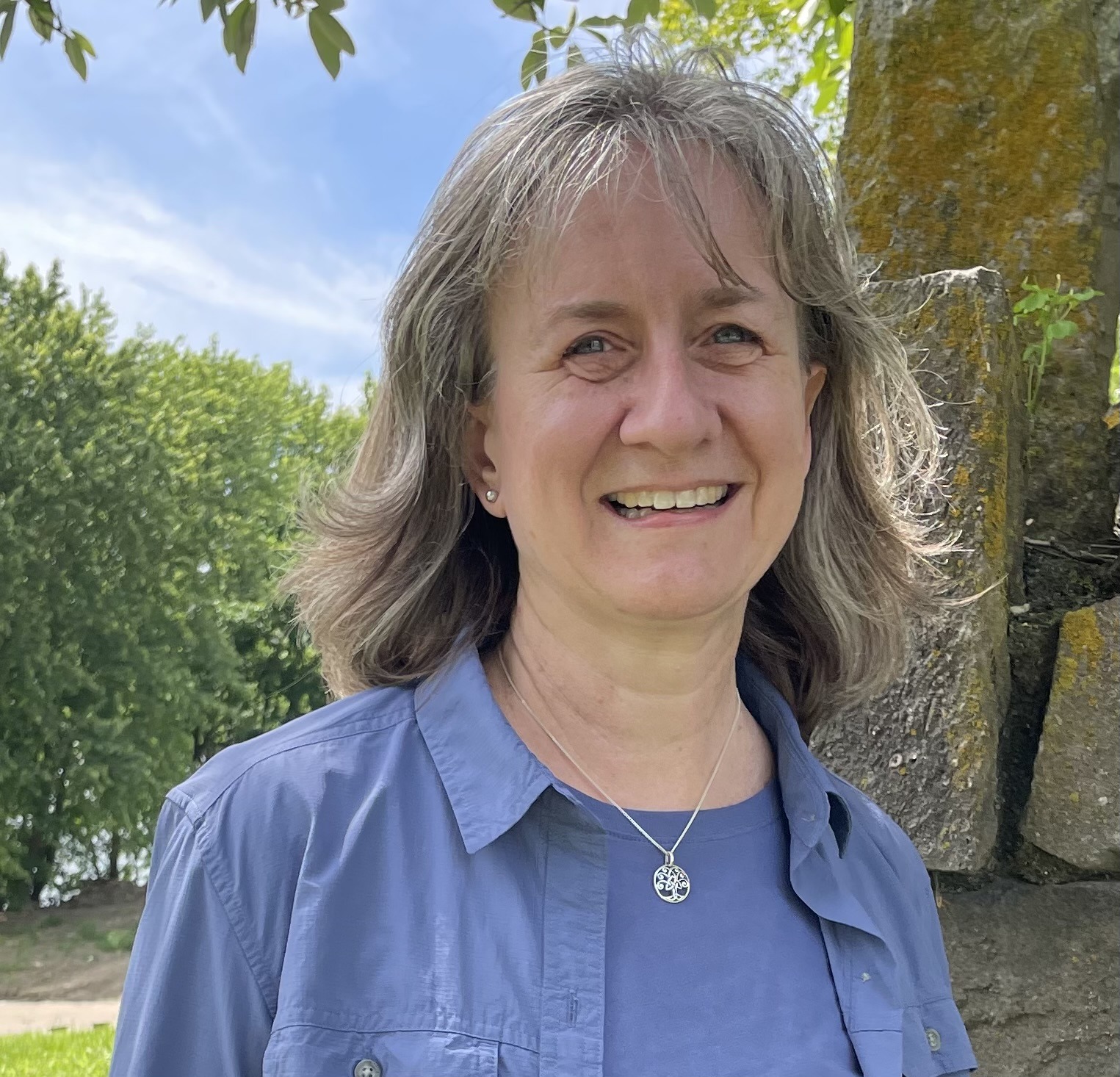
Jamie Noyd begins a series exploring what the life of Ruth has to say to Christian academics.
So she set out from the place where she was with her two daughters-in-law, and they went on the way to return to the land of Judah. But Naomi said to her two daughters-in- law, “Go, return each of you to her mother’s house. May the Lord deal kindly with you, as you have dealt with the dead and with me.” – Ruth 1:7-8, ESV
Reflection
On our way. Once we’ve made a difficult decision to begin a graduate program or take on a new job, we like to think that we are on our way. There may be a few challenges following that initial decision, but the general path is before us. We just have to follow it. However, it’s essential not to put our trust in the path itself because it can and does change.
In ministry with faculty and graduate students – and in my own life – I have heard so many times the cry, “I thought God brought me to this place, why aren’t things working out?” Why am I not getting funding? Why do my colleagues seem to be against me? What do I do now that my advisor has left? At these moments, an unexpected and undesired time of decision faces us. Is this the right place for me? Do I stay and work through the conflict or is it time to leave – maybe even return to a former job?
The book of Ruth shows us where to place our trust along these changing paths. After the death of her husband and sons, Naomi travels to the land of Judah, her homeland, with her daughters-in-law. It’s likely that the decision to go on this journey was difficult for the two younger women. They were leaving the only land they had ever known, Moab, yet, they made this decision and pressed on. However, along the way, Naomi stops and forces her daughters-in-law to reconsider their path as she encourages them to return to Moab. They make two different choices – Orpah returns to Moab and Ruth continues with Naomi.
We don’t learn what happened to Orpah, but we do learn about Ruth. As she gives her oft repeated oath to Naomi that “your people will be my people, and your God, my God” (1:16) she shows a faithfulness to Naomi and to God. Though she doesn’t know about the place she is going, she knows the God, probably through Naomi’s teaching, and is willing to place her trust in him.
During times of decision it’s natural to want to trust the plans we have for the way before us. When there are changes, we become frustrated with God for not making that way clear and removing obstacles. After all, a prior decision may have meant leaving family, moving to a new city, or spending several years accumulating loans only to come to a point at which we need to leave the program or change direction in research. At these moments we would do well to follow Ruth and trust the one she is following, a God who shows loving-kindness and mercy to his people.Sometimes this takes us to new opportunities in our careers. At other times we will need to change roads and may be in a place that seems like failure. Either way, we remain in God’s mercy and can let go of the responsibility to create the path we will journey.
Questions
- Have you ever been stopped along your way in your studies or vocation?
- How did you move forward or change course?
Prayer
Lord, Thank you for your faithfulness and mercy along all paths. Help me to hold onto the Guide of the way more than to the path. Amen.
Image courtesy of alohamalakhov at Pixabay.com
![]() Note: Part of a Scholar’s Compass series on Ruth. Help ESN Create a Devotional for Scholars.
Note: Part of a Scholar’s Compass series on Ruth. Help ESN Create a Devotional for Scholars.

Jamie serves with InterVarsity Graduate and Faculty Ministries as an Associate Director of Faculty Ministry and as interim Director of the Emerging Scholars Network. Among other things, in this work she enjoys the opportunity to put into practice her doctoral research in literary pilgrimage and training in spiritual direction. She also ministers with the local faculty community at the University of Cincinnati.

Leave a Reply